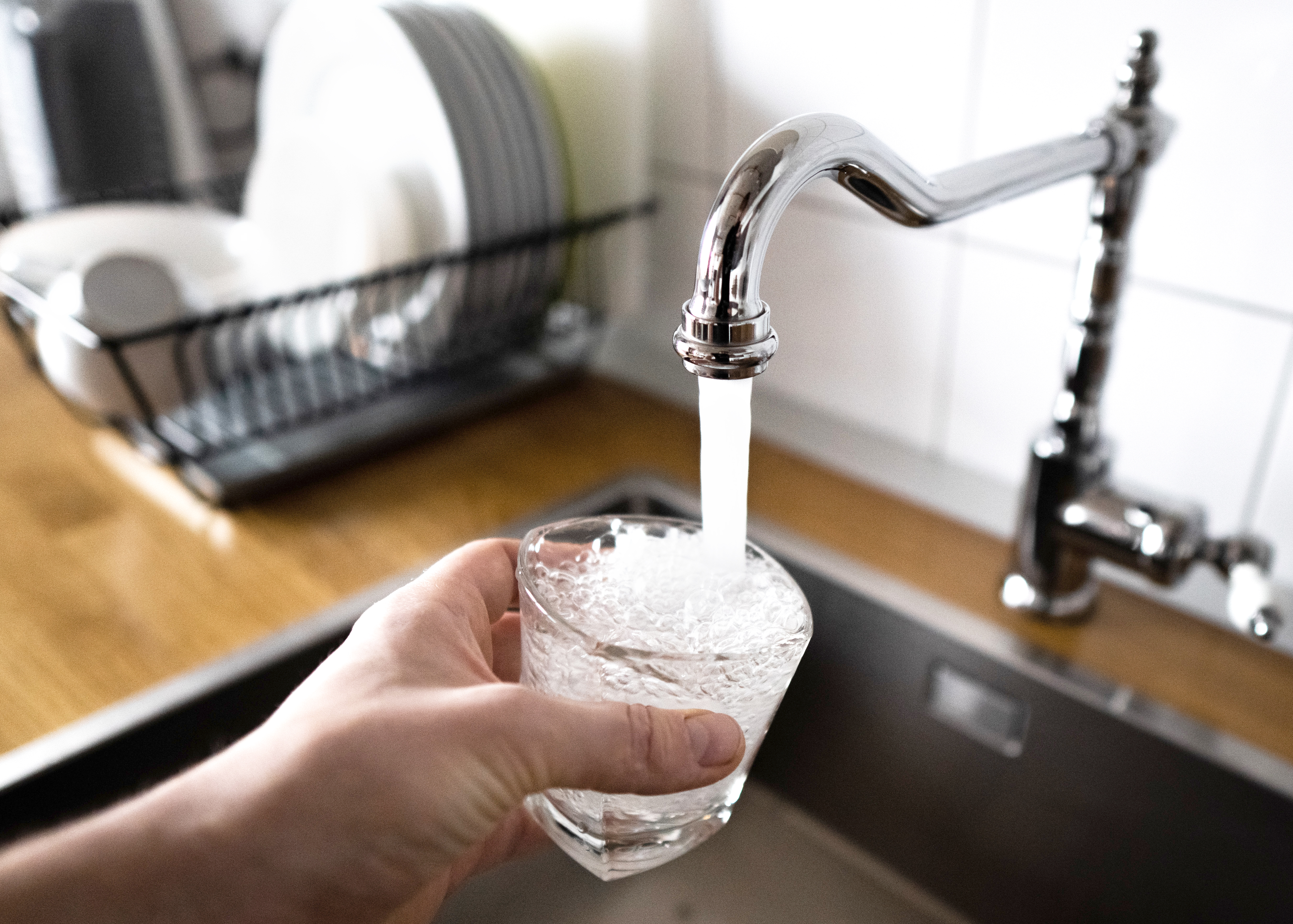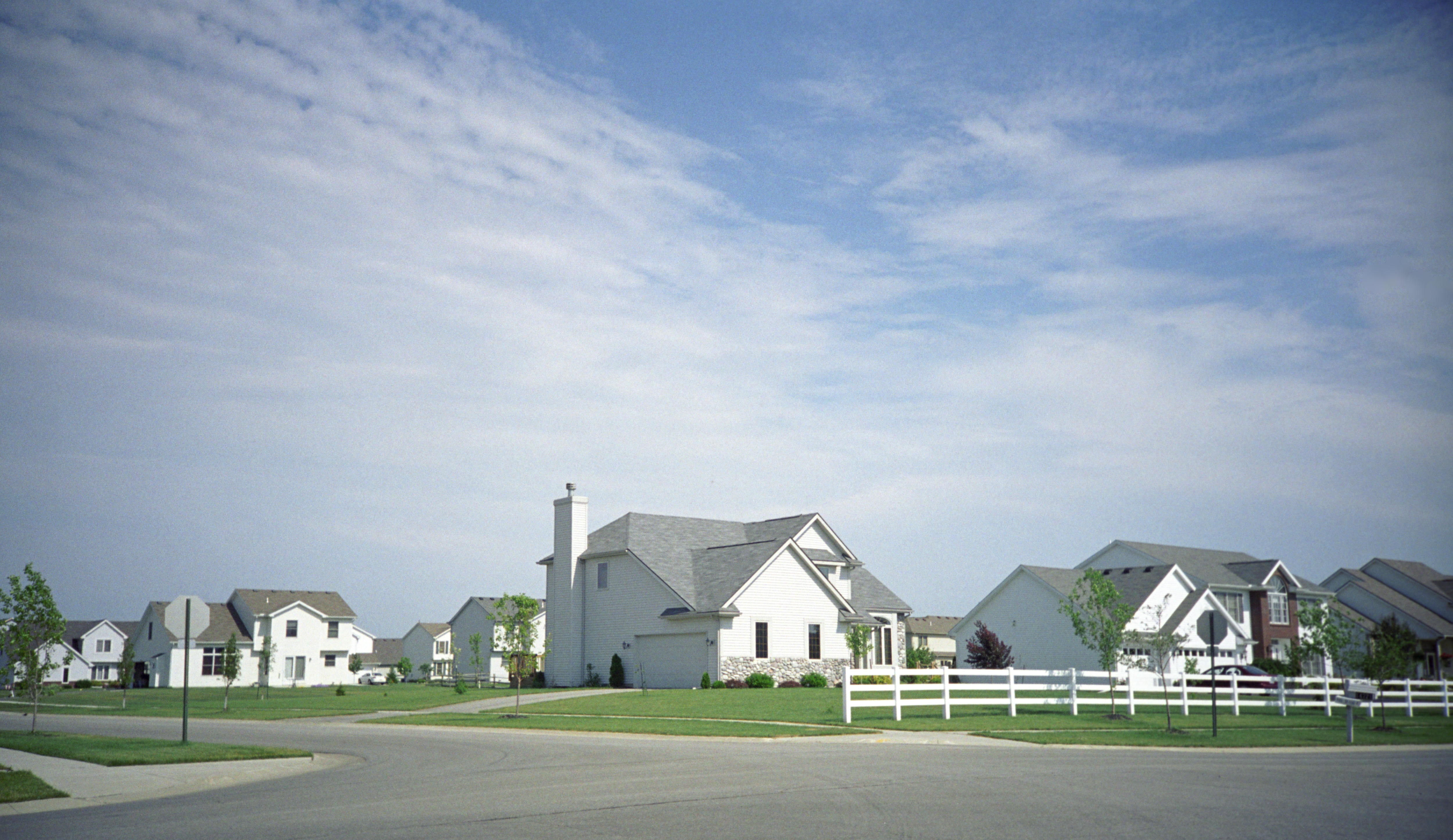
Learn how much plumbers cost in Columbus, Ohio. Discover pricing for faucet repairs, pipe work, and emergency services, plus how you can save money.
Shutting off utilities and appliances you won't use can save money
Unplug appliances that use water, cause a fire risk, and consume a lot of energy.
Don't unplug anti-burglary systems.
Adjust your thermostat 7–10 degrees Fahrenheit toward the outside temperature.
Turn your water heater off as well.
You've had a wonderful couple of weeks in your vacation home, but now it's time to tell it goodbye for a little while. But as you get ready to pack up for home, you begin to wonder: Should you unplug all of your appliances, and should some be left on?
This guide breaks down which appliances to unplug in a home you won't occupy for a while, why you need to do this, and other tips for homeowners.

Basically, you're going to want to unplug appliances that fall into three categories: ones that use water, ones that present a fire risk, and ones that can drain a lot of energy over time.
Water is one of the biggest threats to a home. Even a small leak can cause tremendous damage. As a result, shut off any appliance that uses water in case it springs a leak while you're gone. Also, shut off your water supply at the water main to ensure no water flows to any appliance or anywhere else.
Small kitchen appliances like coffee makers, toasters, and microwaves present a small fire risk to your home if left unattended for weeks or months at a time. As a result, it's best to unplug them.
Many appliances aren't actually "off" when you turn them off. According to the U.S. Department of Energy, these "energy vampires" go into standby mode, and they can make up 10% of the energy used in an average home. Typically, these are any appliances with a remote control or an LED screen. That can include your television, computer, router, or sound system.
You may not want to turn off some appliances, even though doing so may save you some energy.
For example, you'll want to keep security systems activated to protect from thieves. They can include a standard burglar alarm to other anti-burglary systems, like outside lighting and movement sensors. Also, you should have automatic timers to turn lights on and off to give the sense that the home is "lived in."
If you use the TV set-top box to record shows and movies while you're away, it's a good idea to keep it plugged in as well. And if you’re only going to be gone for a week or two, you may also want to leave the fridge plugged in to keep food in your freezer cold.
If you're leaving a house for an extended period of time, adjust your thermostat by 7 to 10 degrees Fahrenheit closer to the outside temperature. So if you like the indoor temperature at around 70 degrees Fahrenheit, adjust the temperature about 7 to 10 degrees Fahrenheit below that during colder months and 7 to 10 degrees Fahrenheit above that during warmer months. The closer the indoor temperature is to the outdoor temperature, the less your heating and cooling system has to work, and the lower your energy bill will be.
Should you turn it off when you're not home? Yes, you should. Why run up your electric bill heating water when you're not going to be there to use it? This will not cause damage to your water heater, and you won't have to worry about it leaking since it'll be off. Shutting off the water heater will save you a significant amount on the energy bill if you're gone for an extended period.
From average costs to expert advice, get all the answers you need to get your job done.

Learn how much plumbers cost in Columbus, Ohio. Discover pricing for faucet repairs, pipe work, and emergency services, plus how you can save money.

Learn about main water line repair costs in Columbus and what affects pricing to be prepared before you start getting estimates.

Discover the leading factors affecting your main water line replacement cost in Columbus, including length, material selection, and installation details.

Accidents can cause your sewer pipe cap to break. While fixing it is essential, don’t jump right in. This guide will prepare you with must-know tips.

Follow this guide to learn how to install a kitchen sink drain, from shutting off the water supply to lowering the drain outlet and connecting the P-trap.

Is installing a pot filler over the stove worth the cost? We have everything you need to know, including pros, cons, costs, and answers to your common questions.